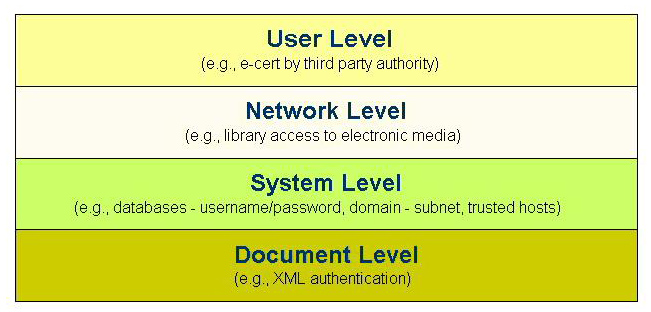| win | ||||||||
|
||||||||
|
The
Logistics Industry The role of IT in Logistics Time is a critical element for air cargo shipments. It is extremely important for shippers, buyers, and air logistics service providers to be able to track and trace the status of a shipment. Via the Internet, air cargo logistics agents can improve the efficiency of air cargo shipping substantially, through better coordination between the agents as needed. The tracking and tracing of a shipment can now be provided to all parties. The coordination itself is a form of e-business. For the air cargo industries in Hong Kong to compete regionally and globally, the necessary enabling IT infrastructure does not yet exist. It is well noted that the industry consists of many small-and-medium enterprises (SMEs) that cannot afford the vast amount of capital expenditure required for such an infrastructure. A fourth-party e-Logistics community platform can allow the leasing of information infrastructure without requirement of ownership. There could be more than one such e-Logistics platform exist here in the Asia-Pacific region. For example, in greater China region, Hong Kong, Shanghai, and Beijing can be three stakeholders along the eastern coastal seaboard to first invest in these platform infrastructures. To maximize the benefit of having these platforms, they must be interconnected with interoperability and integrativity. The underlying plumbing for the platform infrastructure has matured and seemed ready. The necessary IT infrastructure such as broadband network, Internet service providers, Internet exchange center, certification authority, and payment gateway are basically in place in these major cities. Even though the interoperability of RFID technology within the region and with other parts of the world remains to be resolved, yet the potential logistics hub corridor will not be too remote a reality. As typical of the logistics industry, other industry plays a necessary and supporting role in the fulfilment of logistics requirements of corporations and supply chains. These include the financial industry and the insurance industry. Efforts have been made to streamline the customs procedure within China and with other countries and how Hong Kong should participate in this standardization process. One possible approach to alleviate the e-Readiness of the agents of the logistics industry is to push some of the services to the Web where agents can benefit from its availability with minimum investment in capital. The “Digital Trade and Transportation Network (DTTN)” is now ready and a step closer to reach some consensus as a foundation and a driver in bringing the industry under the same umbrella, where information exchange is ON. Extending this 'network' into a virtual platform for ‘parties’ to collaborate online becomes a topic of importance as the EPCglobal Network is in the making. The combined information will no doubt produce value greater than the sum of the parts, enticing partners in the supply chain industry and the logistics industry to integrate tighter to achieve further efficiency. Such online collaboration will no doubt create research issues that required investigative action. One such issue is the security in information sharing. Controlling access to information within a corporation is traditionally monolithic in nature. Accessing to shared information that cuts across company boundaries requires, e.g., coherent access protocol and assertable non-local authorization. From a document management point of view, access control to distributed documents (such as bill of lading, airway bills, purchase order, etc.) requires the definition and enforcement of a security model to ensure confidentiality (for only those that requires identification) and privacy (for only those that have access right). Access control can be implemented at different levels of the system control stack: User Level, Network Level, System Level & Document Level (See Figure 1).
Hong Kong-China Perspective An e-Platform for 4th party Logistics e-Business > a Prototype [disabled] This problem of online cooperation among known parties, takes on a more dynamic and collaborative nature in the logistics e-platform. On the e-platform, parties are dynamically formed and reformed, activities exhibit no best structure or sequence, and knowledge is distributed and situational. One of the key goals of the e-platform is to synthesize an optimal logistics chain for a logistics requirement of a supply chain, or an e-merchant. The synthesis can be enabled by knowledge processes that interact. These processes could be dynamically spawned and take on different roles and singleton task. One of the research problems is to develop a system framework or an information model to allow such dynamic behaviour to manifest itself online with the goal of logistics chain synthesis.
|
||||||||
| Contact
us in Hong Kong at +852 9532 5959 |
||||||||
| Contact
Us | Privacy
Policy | About Us | Usage
Agreement 2004-2007 © Copyright by Any2Any Technologies, Ltd. All Rights Reserved. |
|
Last
Update :
Wednesday, August 27, 2008 at 07:49:48 AM
(HongKong Time) Staff Only | Bibliography | Publications | Research |
||||||

